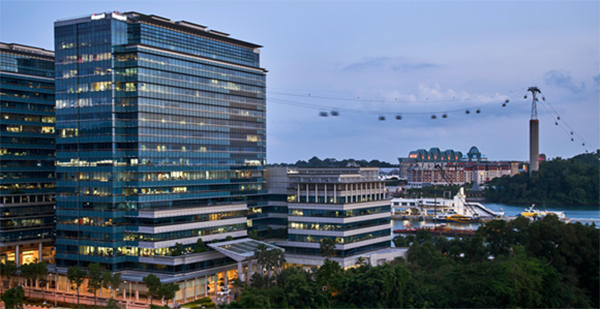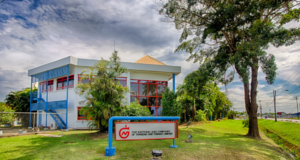
(Petrobras, 28.Sep.2022) — Petrobras signed a contract with Keppel Shipyard Limited for the construction of the P-83 platform, as a result of the advancement of the Búzios field development project, in the Santos Basin pre-salt area.
The P-83 will be able to produce up to 225 thousand barrels of oil per day, process up to 12 million m3 of gas per day, and store more than 1.6 million barrels. The project foresees the interconnection of 15 wells, 8 of which are oil producers and 7 injectors. The platform will be the eleventh unit to be installed in Búzios. Petrobras is the operator of this field with a 92.6% stake, with CNOOC and CNODC as partners, with 3.7% each.
The P-83 will be built by shipyards in Singapore, China, and Brazil, and will reach the local content percentage of 25%. The platform will start production in 2027 and will contribute to increase the field’s installed capacity from the current 600 thousand bpd to 2 million bpd.
The P-83 is part of the company’s new generation of platforms, with high production capacity and technologies to reduce carbon emissions. The platform will use the closed flare technology, which increases the use of gas and prevents it from being burned into the atmosphere, in a safe and sustainable way. Another innovation will be the methane gas detection system, capable of acting to prevent or mitigate the risk of leaks of this compound.
The platform will also be equipped with CCUS technology – CO2 Capture, Use, and Geological Storage. Petrobras is a pioneer in the use of this technology, which allows it to combine increased productivity with reduced carbon emissions.
The P-83 will also be equipped with “digital twins” technology, which consists of the platform’s virtual reproduction, allowing several remote simulations and operational tests, ensuring safety and reliability.
____________________

